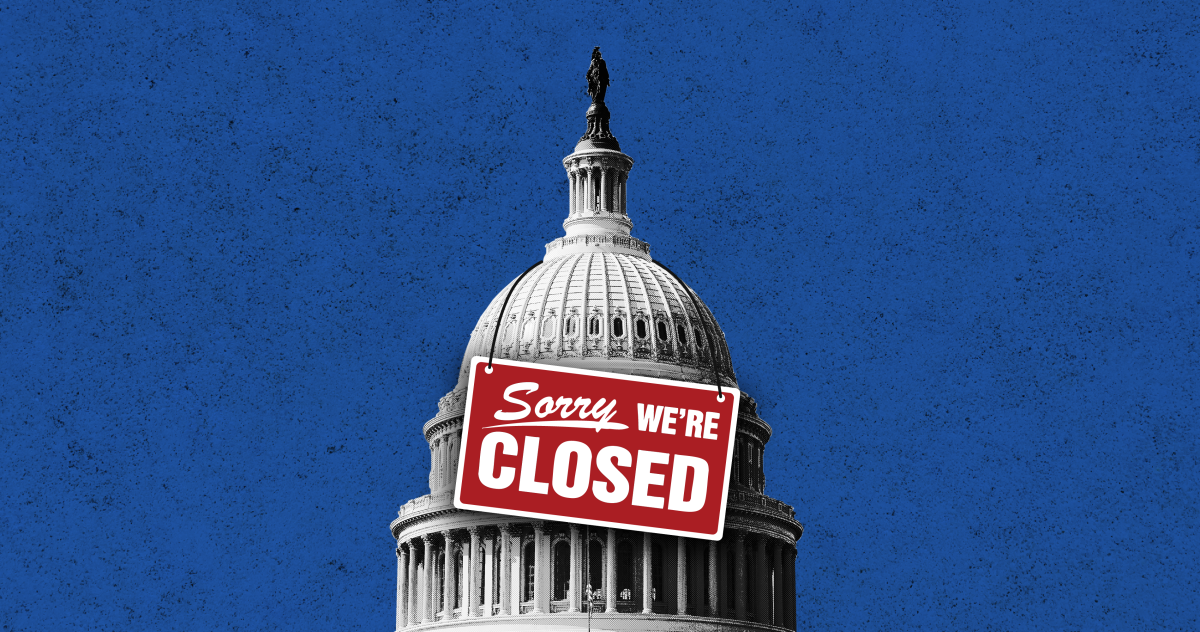
One of the more common practices coming into the new year is to come up with one or even a few goals to follow throughout the year. These goals, commonly referred to as “New Year’s Resolutions,” date all the way back to the ancient Babylonians roughly 4,000 years ago. Then, the tradition was used to make promises to the gods in references to their dates and returning borrowed objects. Now, common resolutions are in reference to physical health (making the promise to exercise or eat healthier), financial situations (saving money), or overall having a more positive attitude coming into the fresh start of a new year.
However, following through with these resolutions is extremely difficult and uncommon, leading people to ultimately give up on them altogether. According to the University of Delaware, only 10% of people actually follow through with their goals. Thus, as a result of resolutions, millions of people worldwide are left disappointed with themselves and their inability to follow through before the first half of the year is over.
The reason behind the disappointment is one that can be avoided, and improved, but generally speaking most people are not making adequate goals to be able to follow through with. When there are those on social media with the main goal of “influencing” others on the platform, they, like most people, speak of New Year’s Resolutions as if they are huge goals that cannot be accomplished without the adequate steps and mindsets. Mindsets that are difficult to change, especially at middle and later stages of life. Unless those necessary steps are taken, the goal and change of thought are nearly impossible, because of society’s lack of ability to follow through.
These influences cause the general population to take the things that they are unhappy with about themselves, their relationships, and lifestyles and make goals that are too broad to actually accomplish. Following them making the goals, if they lacked the self-motivation to completely change all of their habits within a few weeks, or months, they are left to wallow. When they don’t get the result that they were hoping for, they are left disappointed in themselves, and still, their lifestyles.
New Year’s Resolutions, as they are handled now, are overrated. One cannot simply decide to “start eating healthier” without first doing research and taking the steps required to put this habit into place, and adjust their diet accordingly. This is a goal that must be researched, and potentially slowly worked into their everyday lives to create a habit. This is a misconception about these resolutions, as people make them under the assumption that they will take effect the second that January 1st hits.













